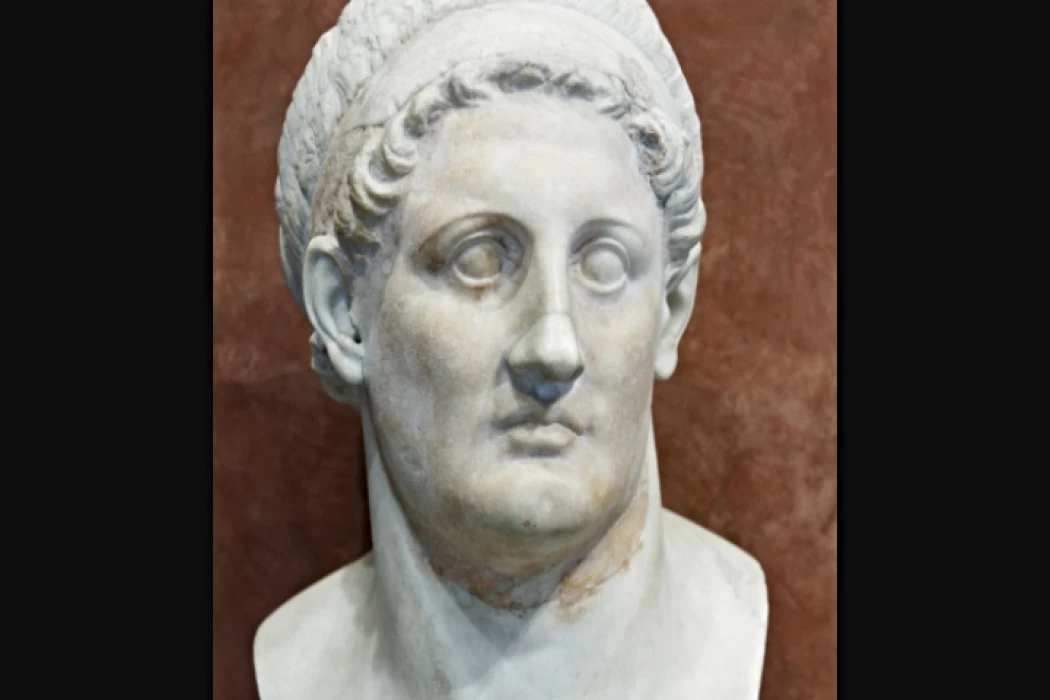
Ptolemy | Macedonian King of Egypt
Ptolemy | Macedonian King of Egypt
Ptolemy I, who was born in Macedonia in 367 BC, became the initial pharaoh of the Ptolemaic Dynasty. His Ptolemaic roots are traced back to the Ptolemaic dynasty in Egypt whose mother was Arsinoe of Macedonia but whose father was unknown. Ptolemy I lived in the royal palace of King Philip II; this gave him an ancient and noble upbringing, and he was a companion and friend of Alexander the Great since childhood, despite being at least seven years older than him.
Ptolemy I was one of the soldiers in the palace, and Alexander the Great honored him by making him one of his seven close guards when he ascended the throne as a way of thanking him for standing by his side during his dispute with his father. He was the closest to him and accompanied him in all his battles, which gave Ptolemy I great experience in warfare.
Ptolemy I was not as fond of the Orientals as Alexander was, and he kept the old Macedonian customs unchanged like others who, as a result of mixing with them, introduced Oriental customs and mixed them with Macedonian customs. Alexander the Great forced him to marry the Persian princess Artakama in 324 B.C. Alexander ordered him and eighty of his companions to take Persian wives. But after Alexander's death, he divorced her immediately. He had two wives, Eurydike and Bernike.
Ptolemy succeeded Alexander of Macedon in Egypt, moved Alexander's body to Memphis, ordered it to be placed in a gold sarcophagus, married his mistress (Alexander's mistress as a way of honoring Alexander), and had two sons with her. He may have wanted this loyalty to consolidate his power in Egypt. Ptolemy I saved Egypt from siege, so he was called the savior
Ptolemy I created a huge army and fleet that protected Egypt and conquered different regions:
- He established the University of Alexandria, or the modern House of Scientific Research.
- He established the nucleus of the Library of Alexandria.
- He developed agriculture and introduced the watering can, the tanbur, and the shadouf in agriculture.
- He was able to export bees to China because of the large number of apiaries.
- He worked to improve industry, especially the manufacture of linen textiles.














